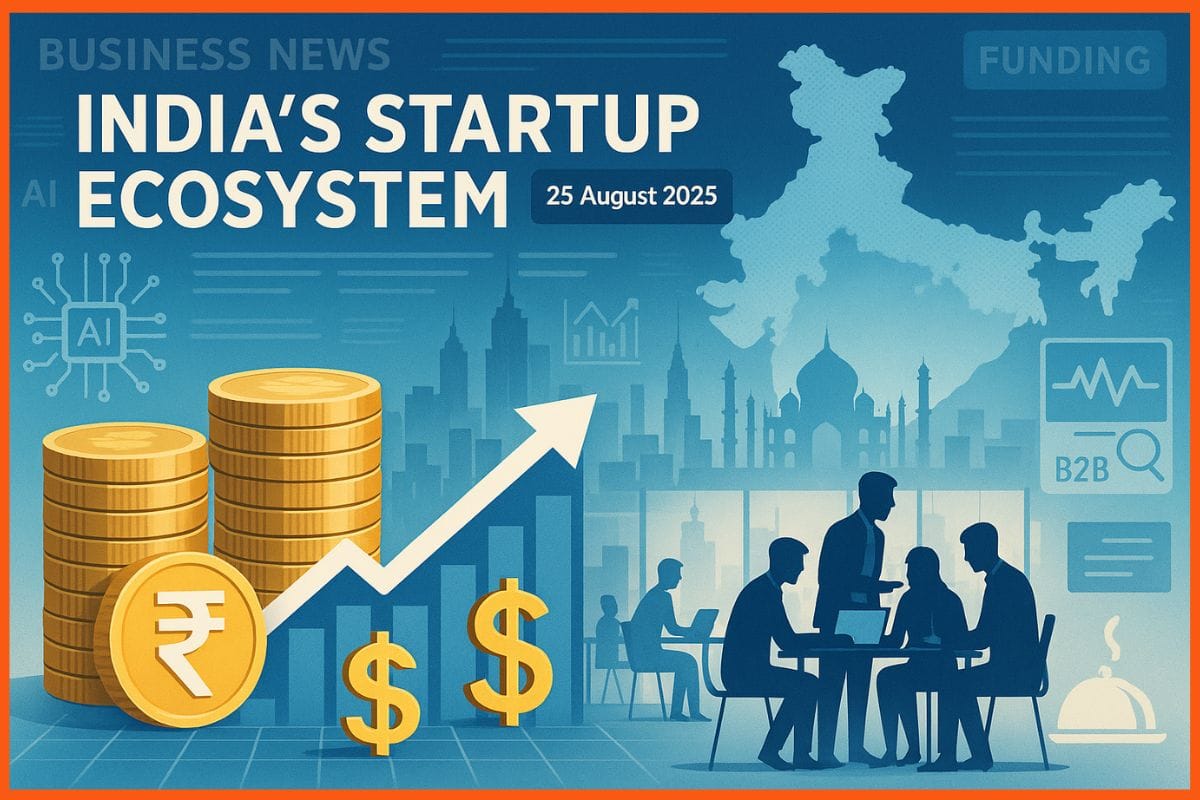Xiaomi, a Chinese smartphone manufacturer, has received separate legal notices from Apple and Samsung for its commercials in India that contrasted its devices with those of the two companies.
Legal Notices Over Comparative Marketing
According to ET, which cited sources, the two smartphone manufacturers took this action to preserve the value of their brands. According to the article, which cited one of the sources, Apple and Samsung had issued cease-and-desist warnings to Xiaomi for certain commercials that negatively impacted their brand value.
India’s Position as a Global Smartphone Hub
As per the article, Xiaomi released newspaper ads earlier this year that contrasted the features and cost of one of its devices with those of Apple’s iPhone 16 Pro Max. On social media, Xiaomi also contrasted some of its smartphone models with Samsung’s. With these kinds of advertisements, it also targeted Samsung’s smart TVs.
India’s Position as a Global Smartphone Hub
According to IDC, 7 Cr smartphones were supplied in India in the first half of 2025, making it one of the largest smartphone markets globally. With a 19% market share, Vivo led the field, followed by Samsung with a 14.5% share. Nonetheless, Apple and Samsung dominate the nation’s rapidly expanding premium market.
Apple’s Expanding Footprint in India
In H1 2025, Apple’s shipments to India increased 21.5% year over year to 59 lakh devices. Notably, Tim Cook, the CEO of Apple, stated during the company’s June quarter earnings call that India had the greatest quarterly revenue ever.
The country saw a double-digit rise in the company’s iPhone sales. Apple is expanding its retail locations around the nation as a result of this expansion, and next week it plans to establish a new location in Pune. In addition, the tech giant now uses India as a significant manufacturing hub.
Make in India Boosts Smartphone Production
Apple India intends to increase production of the iPhone 17 in all five of its Indian factories. Additionally, it intends to sell in the US solely iPhones made in India.
India is becoming less dependent on smartphone imports and more dependent on exports as a result of other manufacturers like Samsung, Google, Lenovo, and Alcatel, among others, producing smartphones there.
In 2024, Apple’s iPhone exports from India crossed the INR 1 lakh cr milestone. In FY24, Samsung exported smartphones valued at $52 billion.
|
Quick |
|
•Xiaomi’s ads compared its phones with •Apple & Samsung claim the ads •7 crore smartphones shipped in H1 •Apple & Samsung dominate India’s |

